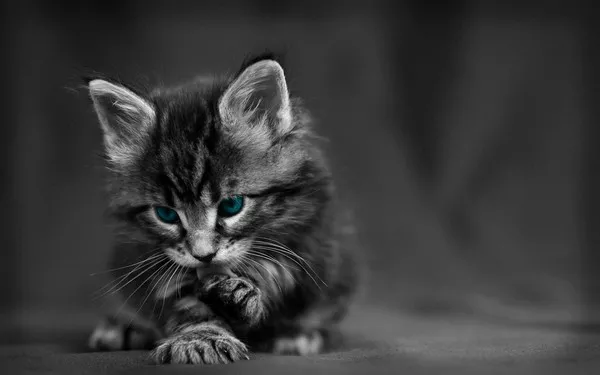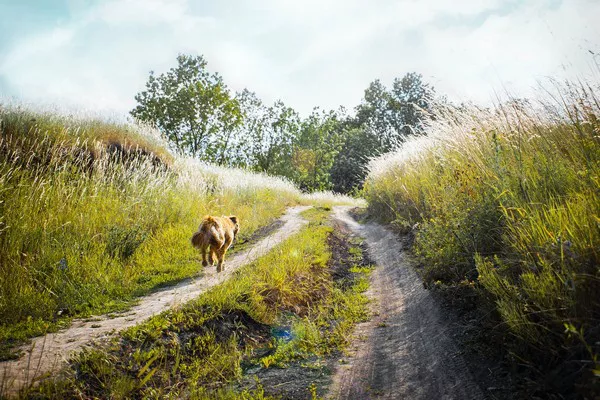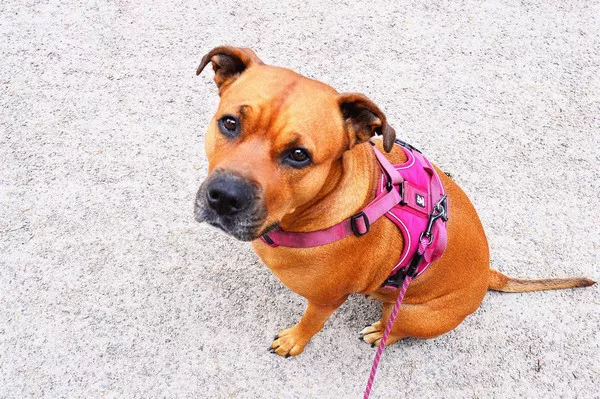Tiny lion cub Pi endured a life of suffering, confined on a chain with his mouth taped shut, compelled to pose for selfies with passing strangers on the streets. His plight, emblematic of the burgeoning trade in and exploitation of big cat pets, came to light through videos circulating on TikTok in March, laying bare the deplorable conditions he faced in Lebanon.
Thanks to a collaborative endeavor spearheaded by rescuers Animals Lebanon and Human Society International, Pi has been granted reprieve. Transported to Drakenstein Lion Park, nestled just beyond Cape Town in South Africa, Pi now embarks on a journey towards a life of freedom, basking under the African sun in a sanctuary that pledges him lifelong care.
Despite the prohibition on private ownership of lions as pets in Lebanon, the illegal practice runs rampant, with big cats clandestinely smuggled across borders to feed the insatiable demand. Pi represents the third captive lion cub confiscated in Lebanon and resettled in the sanctuary within the past half-year, joining companions Issam and Kelly.
They stand alongside Leonidas, confined to a metal shipping container since birth, and Leo, renamed Asad, previously relegated to a downtown Beirut balcony. Another cub, Baby Stuart, languished chained inside a cement enclosure alongside a canine companion. Dr. Audrey Delsink, wildlife director for Humane Society International, underscores Pi’s ordeal as a chilling illustration of the pervasive suffering inflicted by the captive breeding industry upon countless cubs like him.
The phenomenon of big cat pet ownership extends beyond Lebanon’s borders. In the UK alone, over 2,700 dangerous wild animals are held privately under licenses sanctioned by the Dangerous Wild Animals Act. Among them are more than 200 wild cats, 250 primates, and 400 venomous snakes, a staggering tenfold increase in venomous snakes compared to those housed in zoological institutions.
An unsettling assortment of wild creatures finds residence in family homes, from bush vipers in Bedfordshire to cheetahs in Cheshire, caimans in Kent, and lynx in Lincolnshire. Yet, beyond the profound suffering endured by these creatures, the practice poses significant risks to human safety and the well-being of other animals.
The burgeoning demand for exotic “pets” exacerbates pressures on already imperiled wild populations, further imperiling species already teetering on the brink. The imperative to halt the exotic pet trade has never been more urgent, with the cessation of this trade representing a vital step towards alleviating unnecessary suffering and safeguarding the future of wildlife.
























